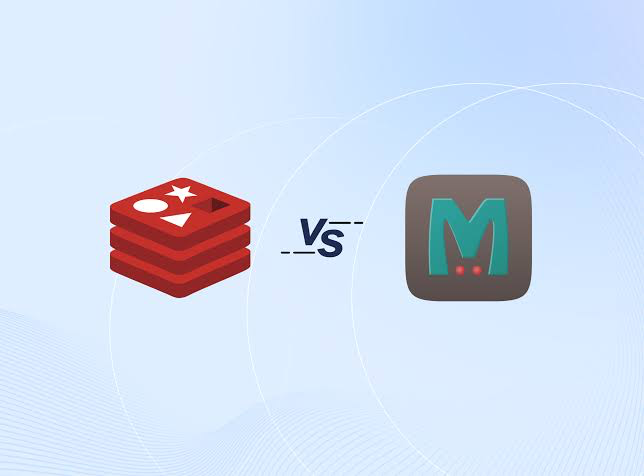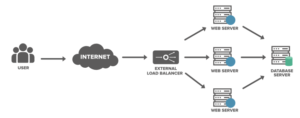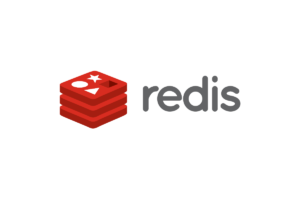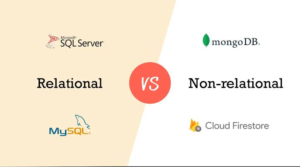
Introduction:
As technology continues to advance, businesses are constantly seeking ways to optimize their performance and deliver exceptional user experiences. Two popular options for in-memory data caching are Redis and Memcached. In this blog post, we will explore the features, benefits, and use cases of both Redis and Memcached to help you determine which option is best suited for your business needs.
Understanding Redis:
Redis, often referred to as a data structure server, is an open-source, in-memory data store that can be used as a database, cache, or message broker. Its versatility and rich set of data types make it a popular choice among developers.
Redis offers various features such as high availability, replication, and pub/sub messaging, making it suitable for a wide range of applications. It supports multiple programming languages and provides built-in support for data structures like strings, hashes, lists, sets, and sorted sets. Redis also offers advanced features like geospatial indexing and support for Lua scripting.
Benefits of Redis:
Redis provides several benefits that make it an attractive choice for businesses:
- Speed: Redis is known for its exceptional performance and low latency. It can handle a high volume of reads and writes, making it ideal for applications that require real-time data processing.
- Data Persistence: Redis allows you to persist data on disk, ensuring data durability and recoverability in case of system failures or restarts.
- Scalability: Redis supports clustering and replication, allowing you to scale your database horizontally to handle increased workloads and provide fault tolerance.
Understanding Memcached:
Memcached is also an open-source, distributed, high-performance, and in-memory caching system. It is designed to alleviate database load and accelerate dynamic web applications by caching frequently accessed data in memory.
Memcached operates on a key-value model, where data is stored in memory as key-value pairs. It offers a simple API for storing and retrieving data quickly. Memcached is often used in conjunction with databases like MySQL to improve application performance.
Benefits of Memcached:
Memcached offers several advantages for businesses:
- Performance: Memcached’s in-memory caching allows for lightning-fast data access, significantly reducing the load on your database and improving overall application performance.
- Scalability: Memcached is designed to be highly scalable and can handle large amounts of data. It supports distributed caching, allowing you to add more servers to your infrastructure as your application grows.
- Easy Integration: Memcached can be easily integrated with popular web platforms and frameworks, making it a convenient choice for developers.
Choosing the Right In-Memory Data Store:
When it comes to choosing between Redis and Memcached, there is no one-size-fits-all answer. The decision depends on your specific use case, requirements, and existing infrastructure.
If you need advanced data structures, built-in support for geospatial indexing, or Lua scripting capabilities, Redis is the way to go. Redis is a more feature-rich option that offers additional flexibility and functionality.
On the other hand, if your primary goal is to improve application performance by caching frequently accessed data, Memcached is a simpler and faster solution. It is easy to integrate and can seamlessly work with your existing infrastructure.
Conclusion:
Both Redis and Memcached are powerful in-memory data stores that can significantly enhance your application’s performance. Whether you choose Redis or Memcached, implementing an in-memory caching solution can help you deliver faster response times, reduce database load, and provide a seamless user experience. Assessing your specific needs and consulting with your development team can guide you in making the right choice for your business.



